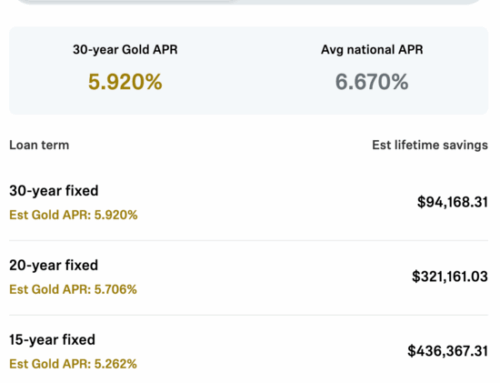The Department of Veterans Affairs previously released a deadline with some leeway for a transition from a voluntary foreclosure suspension into a new loss mitigation program, where appropriate; but trade groups still want more time.
The Housing Policy Council and Mortgage Bankers Association in a letter released late last week asked for the VA to “extend the mandatory compliance date beyond Oct. 1” citing a need for more guidance related to the Veterans Affairs Servicing Purchase program.
The two groups specifically called for more direction “around loss mitigation and servicing transfers” as “critical components of the work that remains to prepare the program for implementation.”
They’re also awaiting a response to a request for regular meetings with the VA as part of the process.
Once those steps are in place, implementation could take six months, the trade groups said.
At deadline, the VA said it was reviewing the letter and formulating an answer. It previously had indicated the suspension should end this month and the program must be implemented by October. A later implementation deadline adds uncertainty because of the federal election set for this fall.
The two groups’ letter raises questions for 40,000 veterans affected by the discontinuation of a temporary partial-claim program from the pandemic in October 2022. These distressed borrowers have been awaiting VASP’s setup as the successor to the partial claim.
The VA wants mortgage servicers to be responsible for identifying borrowers eligible for the program, making them central players in its implementation.
Servicers will “try to implement VASP as soon as possible,” even though they have the aforementioned reservations about the timeline, according to the two groups. They support “an extension of the voluntary foreclosure moratorium to align with the effective date.”
Meanwhile, the nature of the VA’s partial guarantee persists as an issue that complicates its efforts to provide manageable foreclosure prevention, the Housing Policy Council added in a separate letter to two senators.
In the letter to Democratic Sen. Jon Tester of Montana and Republican Sen. Jerry Moran of Kansas, HPC asked for more to be done to address the issue in the Veterans Housing Stability Act of 2024, a bill introduced earlier this year.
Tester is the chairman of the Senate Committee on Veterans Affairs. Moran is the ranking member of that committee.
The council showed concern that the current bill’s proposal to restore the partial claim used in the pandemic runs into an issue the VA cited in originally discontinuing it: it introduces “additional VA risk exposure” that “is not budget neutral.”
The department has said VASP “will result in a government subsidy reduction of approximately $1.5 billion from 2024 to 2033 because it’ll cost less to purchase loans through the program than it would to go through the foreclosure process.
The HPC suggested a measure in the bill that could “make the VA’s powers more like those of the Federal Housing Administration” might address issues resulting from the former’s 25% guarantee
However, the council acknowledged the two are far different due to the FHA’s 100% insurance, which makes doing this challenging.
VASP, while different in structure and implementation from the administration’s new payment-supplemental partial claim, has a similar goal to address difficulty modifying loans for affordability purposes given differences in current and originated mortgage rates.
Something needs to be done to change the current approach because the current delay in the foreclosure process “increases a veteran’s indebtedness, adds to VA’s mortgage credit risk, and imposes a liquidity burden on servicers,” the council said.

